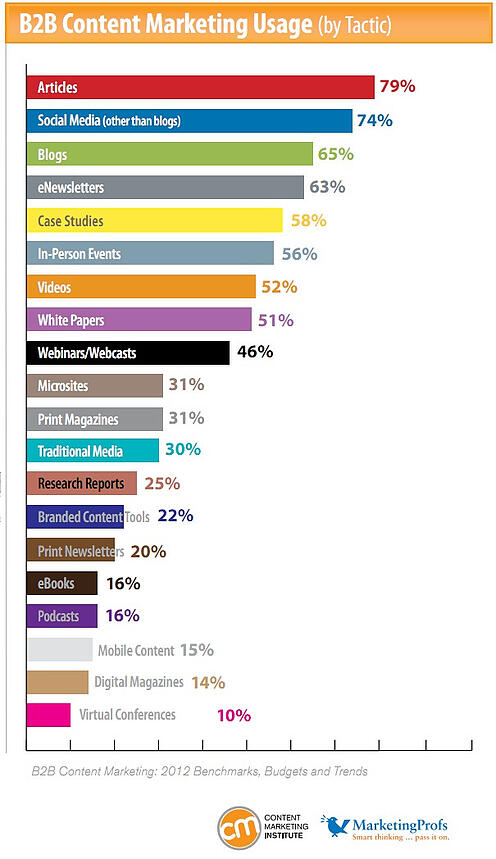You say you don't have a marketing budget, I say you're nuts

 Maybe you're considering dialing in your marketing budget. Maybe you've been spending aggressively but aren't really tracking your spend as compared to monthly revenue or industry spend. Maybe you're not spending anything on marketing. Could that be? If you don't have a marketing budget, you're nuts I tell you. Say hello to the Mr. Peanut for me at happy hour.
Maybe you're considering dialing in your marketing budget. Maybe you've been spending aggressively but aren't really tracking your spend as compared to monthly revenue or industry spend. Maybe you're not spending anything on marketing. Could that be? If you don't have a marketing budget, you're nuts I tell you. Say hello to the Mr. Peanut for me at happy hour.
Your monthly marketing spend should be looked at much like any other line item expense on your monthly financial. It's a necessary cost of doing business like your office lease, lead generation, book keeping, etc. The best part about your marketing spend is that it has a reasonable expectation of increasing bottom line earnings.
You invest in employees expecting them to deliver results. You invest in researching and development hoping to present a better product to your clients. You should invest in marketing to enhance your sales resources results and build your credibility and new products momentum. Yes, you know all of this. You just haven't put it together correctly. Once you have established a proper marketing budget you'll be able to set better expectations for results and design a marketing campaign including inbound marketing and content marketing to go along with anything you're currently doing successfully.
According to Frog Dog, "companies should spend around 5 percent of their total revenue on marketing to maintain their current position. Companies looking to grow or gain greater market share should budget a higher percentage—usually around 10 percent." Of course this can vary greatly based on your size, industry, and growth curve.
Marketing Budget Rule of Thumb:
- Total Revenue x 5% = Marketing budget required to maintain current awareness and visibility
- Total Revenue x 10% = Marketing budget required to grow and gain market share
Still not sure this will work for you? Small Fuel Marketing put together a great article reviewing the different methods of forming the budget, they also detailed the pros and cons very simply. Bottom line here is that regardless of how you develop your marketing budget you must develop one if you want to compete, and it must have a digital marketing component if you want to be successful in today's information age.
What does this mean to you in real money every month?
$1,000,000 per year in revenue means you should be spending $50,000 per year just to keep up with the competition. Want to gain on them? Better up it closer to $100,000. If you're not spending at least $4,000-$8,000 per month marketing your business you're getting your butt kicked. Think otherwise? How do you rank on Google for your favorite services?
So if really small businesses like this example are spending $4,000 to $8,000 per month how are you going to compete without a budget and clear plan to execute? Fact is you can't, that's why I say you're nuts!
It's time to get started, don't take our word for it though. Read a few more resources listed below and get your budget in order. When you have it set, reach out to us. We'll help you grade your current efforts and introduce you to all of the inbound marketing techniques that can really drive traffic, generate leads, nurture prospects, and convert new customers. That's what we do, that's what makes our Denver marketing firm tick. And yes, we have our own marketing budget. (It's much more aggressive than these examples, and it's working).
Additional Resources:
http://www.sba.gov/community/blogs/how-set-marketing-budget-fits-your-business-goals-and-provides-high-return-investment
http://www.legalzoom.com/business-management/promoting-your-business/cost-marketing-what-is
http://www.inboundwriter.com/content-marketing/25-content-marketing-statistics-that-will-blow-your-mind/
Need some more advice on what to spend your money on? Check out this great graphic by Content Marketing Institute

